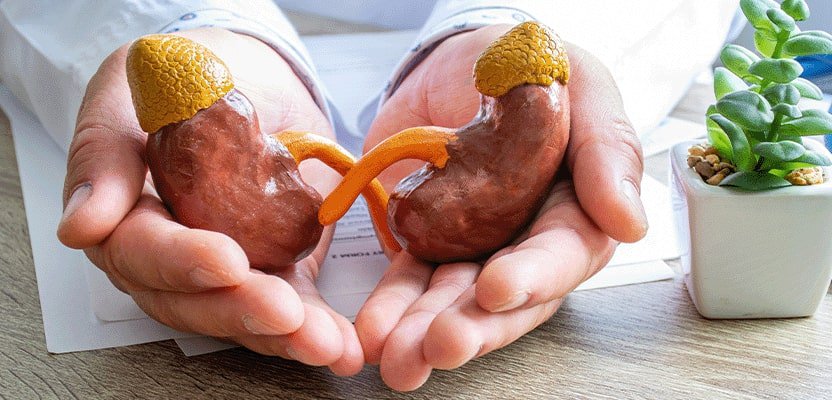+90 533 813 89 77
info@bookingforhealth.com

Who is a Good Candidate for a Kidney Transplant?

In Which Situations is Kidney Transplantation Performed?
Kidney transplantation is typically performed when a person’s kidneys have lost their ability to function properly, a condition known as end-stage kidney disease. This can be caused by a variety of conditions, such as diabetes, high blood pressure, and autoimmune disorders.
Kidney transplantation is usually recommended for people who are experiencing severe symptoms of kidney failure, such as nausea, vomiting, fatigue, and difficulty with daily activities, and who are not responding to other forms of treatment, such as dialysis.
To be eligible for kidney transplantation, a person must be in generally good health, with no other serious medical conditions that would make the procedure risky. They must also be willing and able to follow a strict medication regimen after the transplant to ensure that their body does not reject the new kidney.
Kidney transplantation can be performed using a kidney from a deceased donor or a living donor. Deceased donor transplants involve using a kidney from a person who has recently died and who has agreed to donate their organs. Living donor transplants involve using a kidney from a living person, usually a relative or close friend of the recipient.
Who Qualifies for a Kidney Transplant?
To qualify for a kidney transplant, a person must have end-stage kidney disease, which is a serious and often life-threatening condition in which the kidneys are no longer able to function properly.
Patients with active cancer disease or patients who have undergone cancer treatment and recovered, those with bone and hepatitis infections, and individuals with severe cardiovascular diseases and liver diseases may not be suitable for kidney transplantation.
Candidates for kidney transplantation should be in generally good health and have no other serious medical conditions that would make the procedure risky. In addition, the individual must have a positive attitude and be willing to follow a strict medication regime to ensure that their body does not reject the new kidney after transplantation.
A candidate for a kidney transplant must be willing to undergo tests and assessments to determine whether they are a good candidate for transplantation. They must also have a compatible donor, such as a living donor or a deceased donor whose kidney is a good match for their body. The patient must be able to afford the cost of the transplant procedure and necessary follow-up care.
It is important to note that the specific criteria for kidney transplantation may vary depending on the individual and their specific medical needs.
What Should Kidney Transplant Candidates Know?
It is very important for candidates considering a kidney transplant to understand the transplant process and what to expect.
Kidney transplantation is a major operation with risks such as transplantation, infection, and bleeding. However, transplantation can significantly improve the quality of life for people with end-stage kidney disease. The kidney transplant process can be long and complicated. It is necessary to undergo a series of tests and assessments to determine whether the individual is a good candidate for transplantation and to find a compatible donor kidney. To prevent the body from rejecting the new kidney, it may be necessary to take immunosuppressive medicaments for the rest of your life.
To help make the transplant successful, it is important to follow a healthy lifestyle, including eating a balanced diet, exercising regularly, and managing any underlying medical conditions. Some lifestyle changes may need to be made after the transplant, such as avoiding certain foods and activities that can damage the new kidney.
It is also extremely important to keep in regular contact with the transplant team and to follow their instructions carefully to achieve the best possible results.

What Should Be Considered After Kidney Transplantation?
After a kidney transplant, good care must be followed to ensure the long-term function of the new kidney. There are a few points to be considered at this point.
It is very important to take medicines to strengthen the immune system to prevent the body from rejecting the new kidney. Follow the transplant team’s instructions carefully and report any problems or concerns to them. Eating a healthy diet and exercising regularly helps the kidney transplant procedure to be successful.
Certain foods and activities should be avoided to protect the new kidney. The transplant team will give specific instructions on what to avoid. It is essential to attend follow-up appointments to monitor the function of the new kidney and address any problems that may occur.
To achieve the best possible results after transplantation, it is recommended that the patient maintains regular contact with the transplant team and follows instructions carefully. It may be helpful to get help to cope with the physical and emotional challenges of transplantation and recovery. This can include family, friends, and support groups for transplant recipients.



